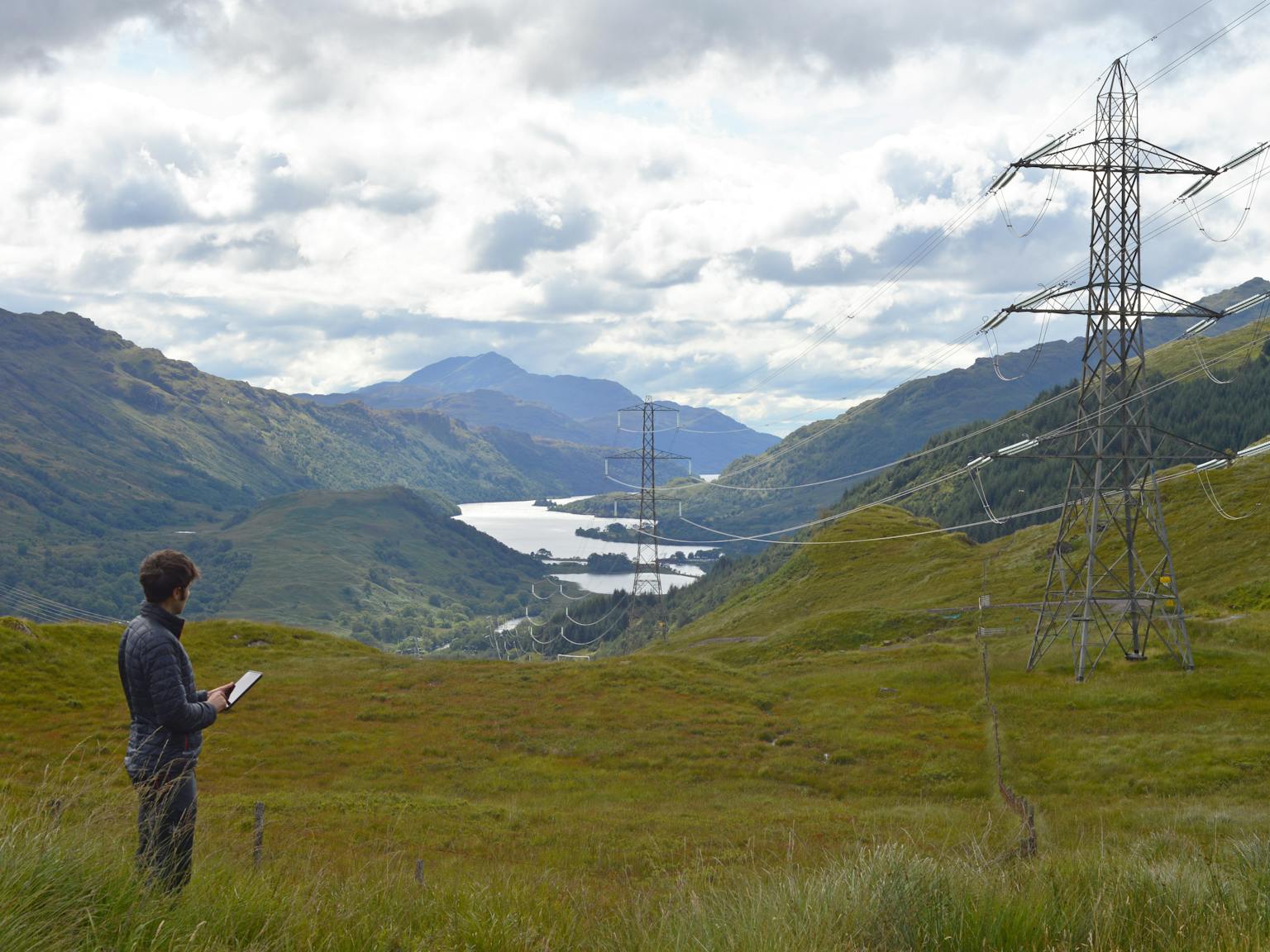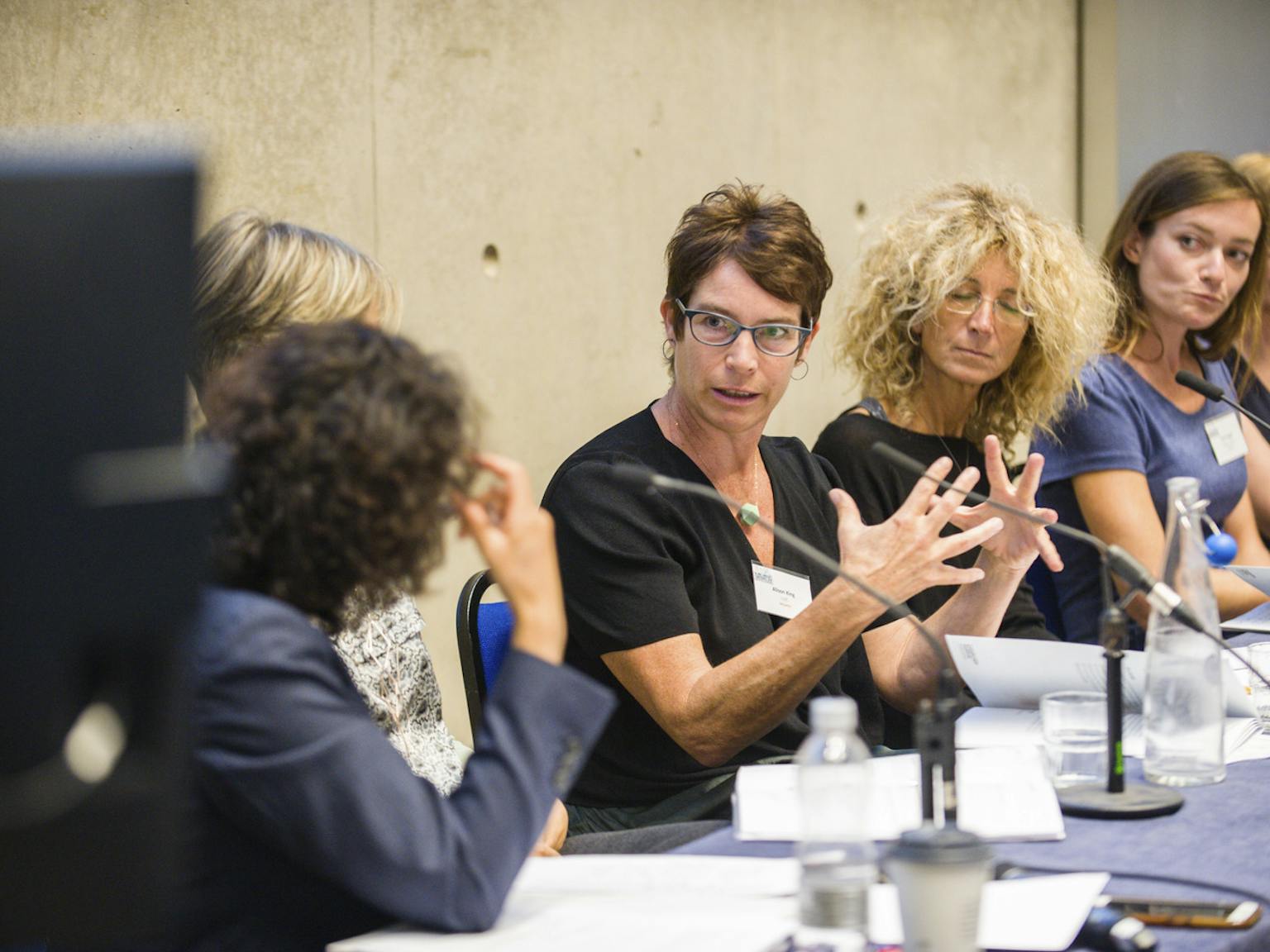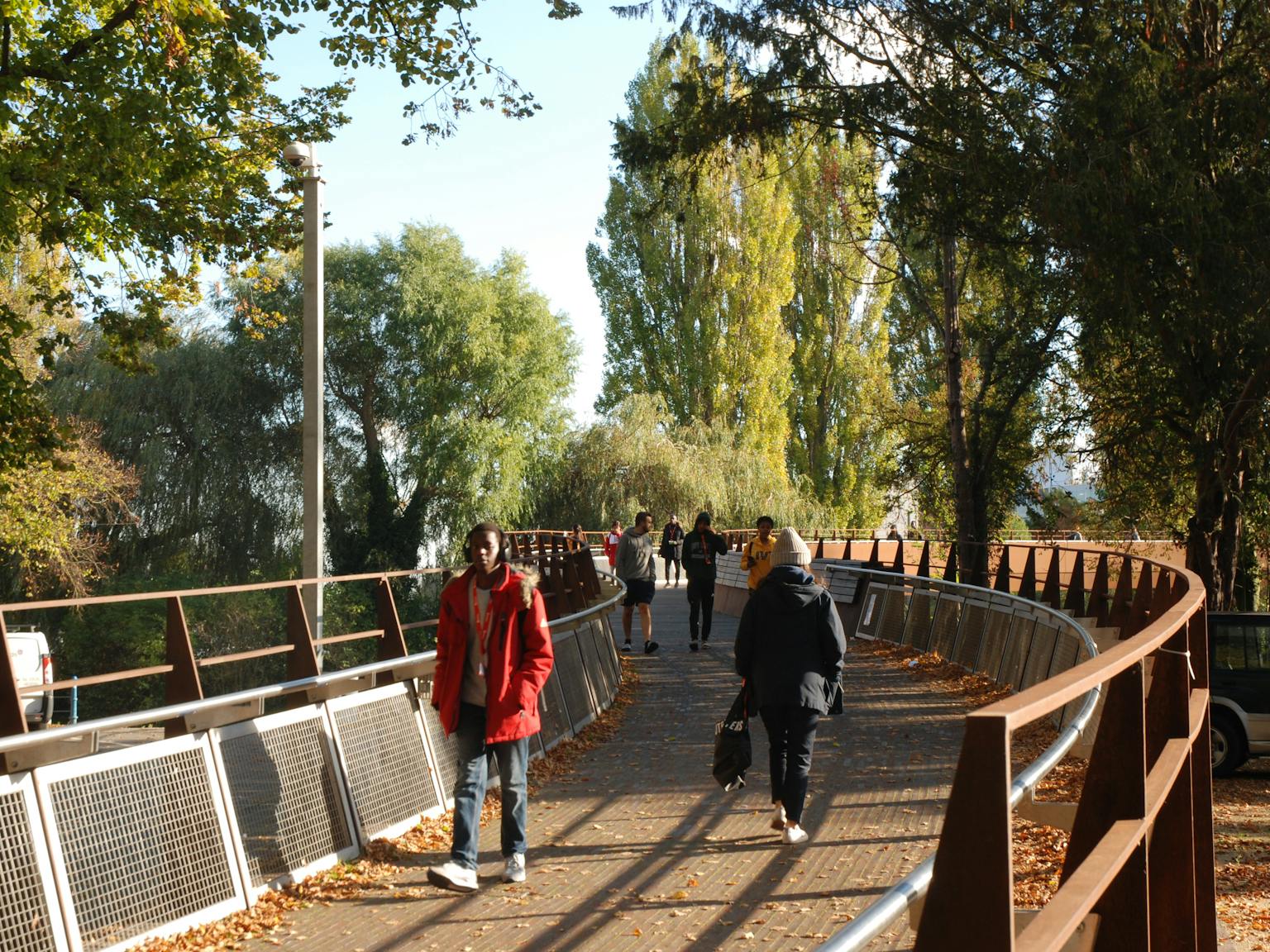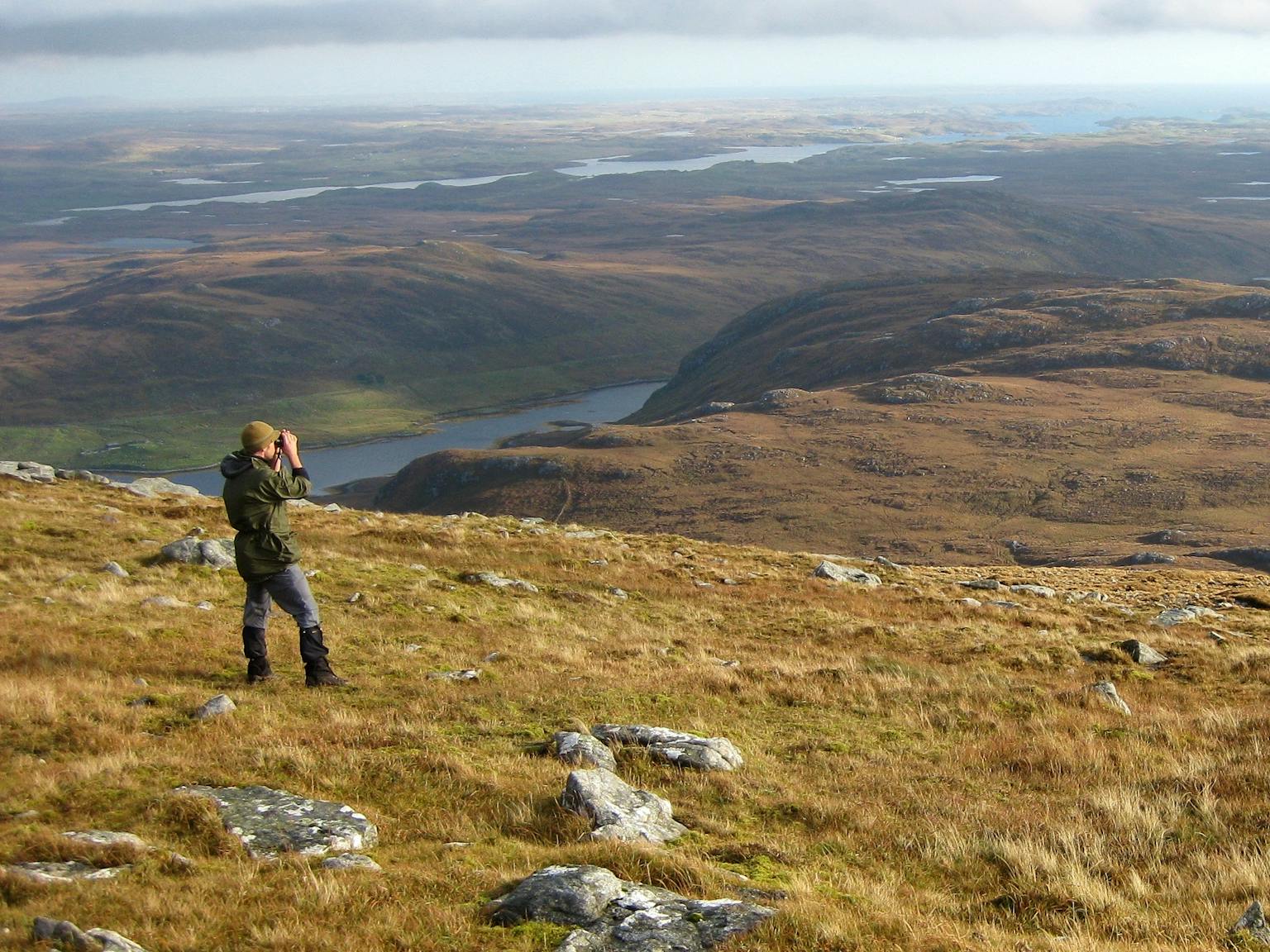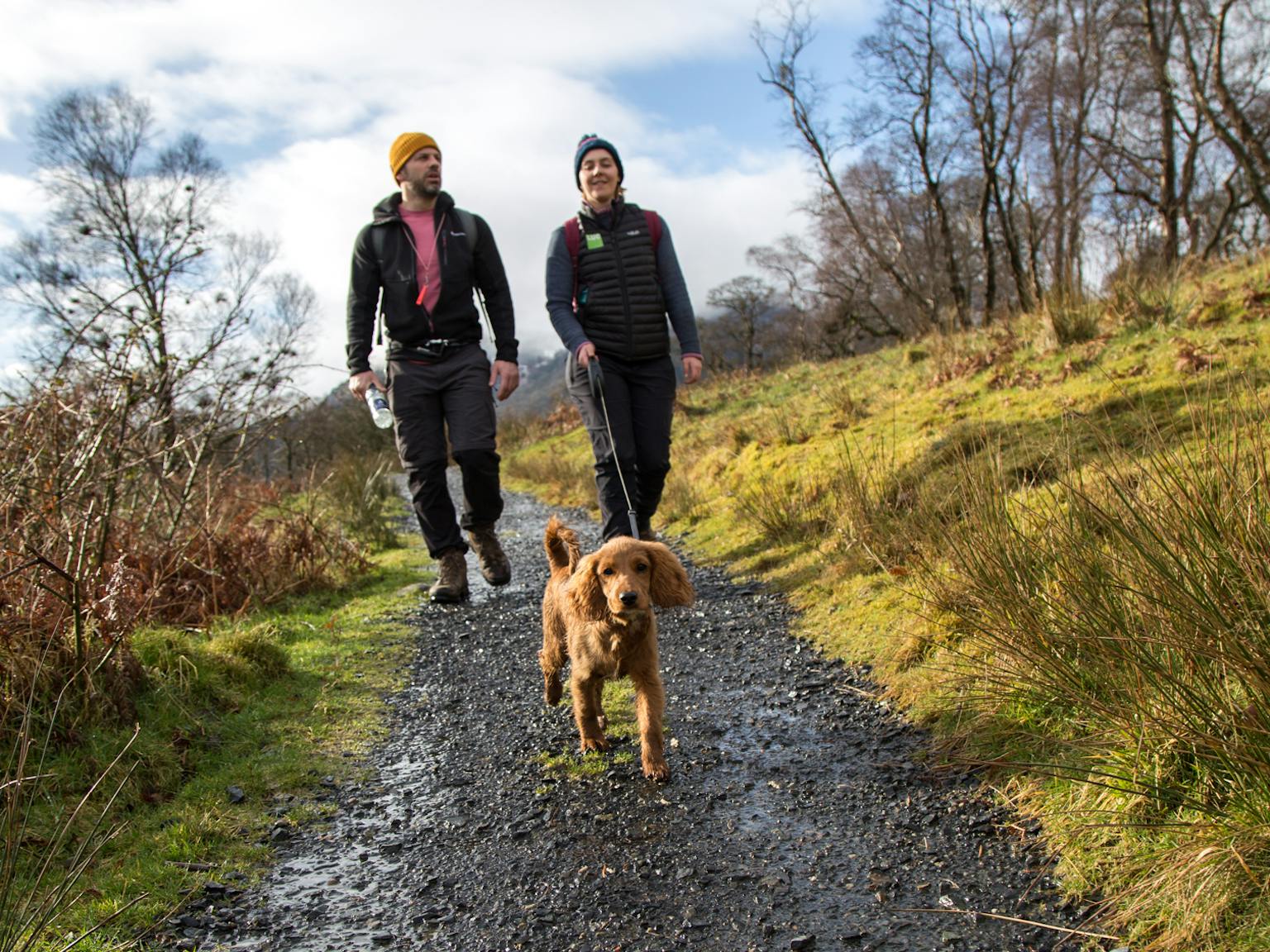
Revolutionary approach to identifying Great Crested Newts
Great Crested Newts have long caused headaches for developers and contractors. A new approach in Woking may provide a solution. A recent pilot was completed within the Woking Council area which saw a series of eDNA surveys (which test for GCN DNA presence in waterbodies) carried out across the borough, which allowed high and low risk areas to be identified.
These presence-absence surveys take a risk-based approach to assessing the impacts on GCN that may result from the granting of planning consent for development areas within the borough. If approved, Woking Council would be issued an Organisational Licence for offences to GCN by development works in low risk zones without the need for the developer to undertake onerous survey requirements or apply for site-specific licences. This could result in significant time and cost savings where GCN may be present.
There has also been a change in individual licensing, as Natural England has introduced a GCN Low Impact Class Licence. Consultants who qualify for this licence will be permitted to perform certain licensable activities under the Class Licence, without the need for individual applications. Our Associate Director of Ecology Peter Lawrence has applied for this new licence, and if granted, will be part of an elite group of ecologists able to offer flexibility in GCN licensing and mitigation not previously permitted.
Our ecologists have extensive experience of identifying and mitigating impacts on GCN, get in touch today to discuss your project
Recent news
🌍 Thank you to everyone who joined our Mapathon. Whether you participated online or in the office, your efforts made a real impact. Together, over 40 attendees mapped 4,727 buildings in northern Côte d’Ivoire, where Médecins Sans Frontières is supporting refugees.
LinkedIn, 24 November 2025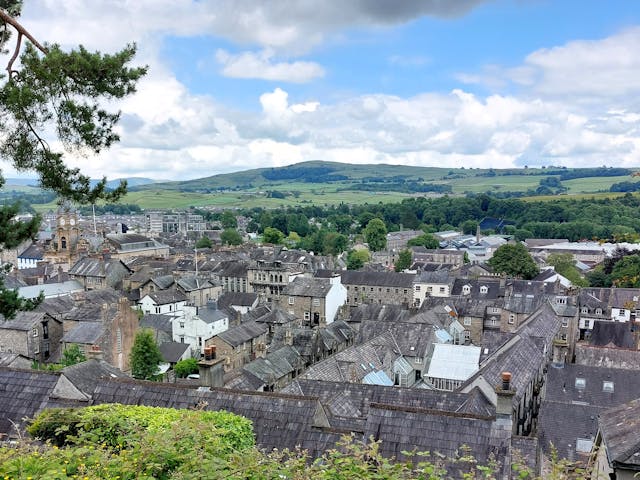 News, 6 November 2025
News, 6 November 2025Have your say on Westmorland and Furness Design Code
 News, 28 November 2025
News, 28 November 2025LUC commended at RTPI Awards for Planning Excellence 2025


